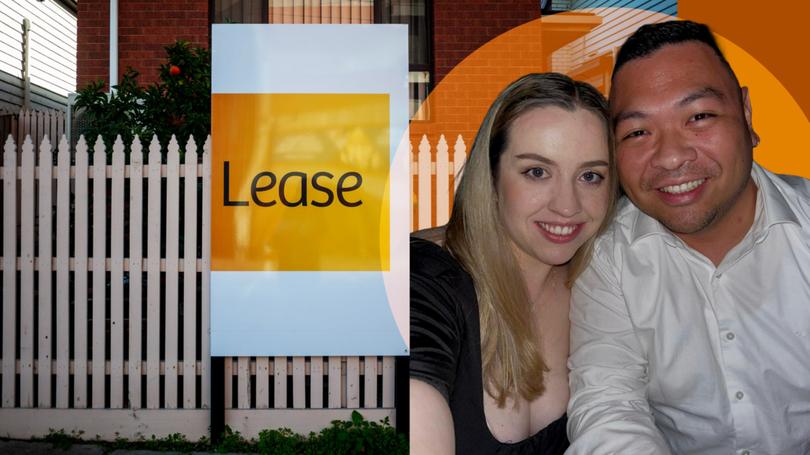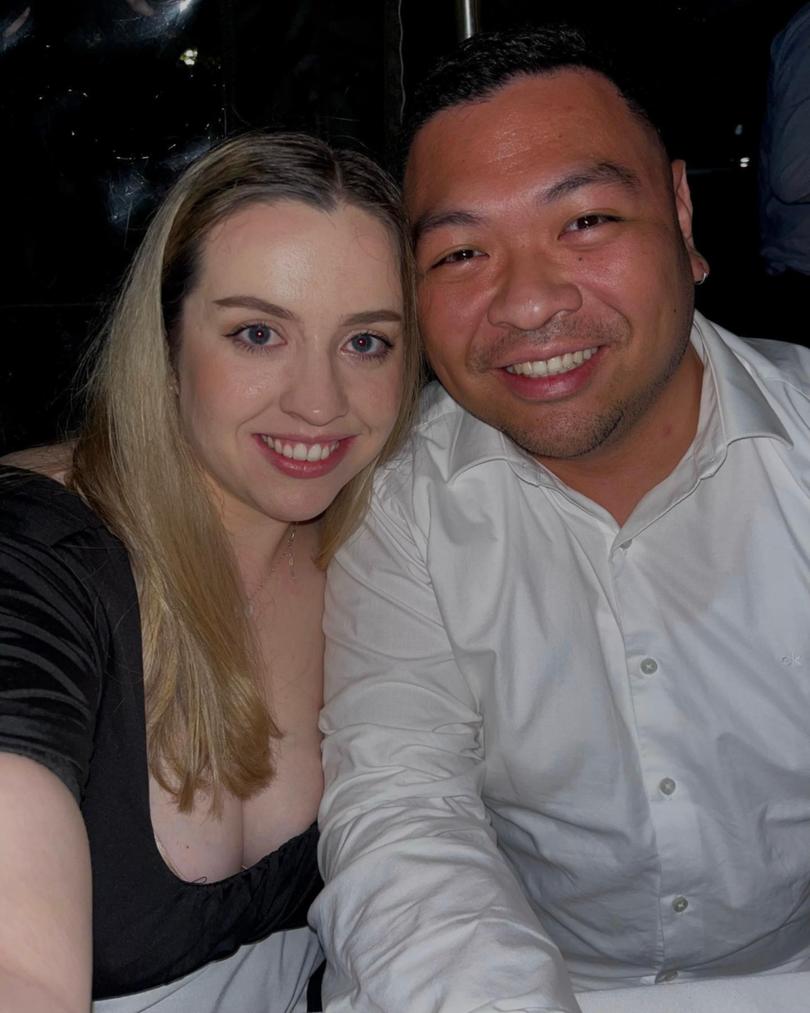How bad is the housing crisis? A family of four is living in a converted garage because of it
You know Australia’s housing crisis is bad when a young family is forced to live in a garage because they can’t afford a home.

If you need any more evidence of how bad the housing crisis is in Australia, look no further than the real-world story of a family of four calling a garage home.
The Melbourne garage that Sarah Bernado, her husband her their two children live in was converted into a granny flat.
For two-and-a-half years, the family have shared the garage-turned-granny flat, a space divided by a curtain that makes, by the parents’ admission, for a very “crowded” living situation.
Sign up to The Nightly's newsletters.
Get the first look at the digital newspaper, curated daily stories and breaking headlines delivered to your inbox.
By continuing you agree to our Terms and Privacy Policy.The family has been squeezed out of the tightening Melbourne property market — where the median rent for a two-bedroom house is $680 per week, and an equivalent unit costs $700 per week.
That is according to realestate.com.au, which shows the median rent on a three-bedroom unit costs $1050 per week.
Ms Bernado, 29, is making the best of a less-than-ideal situation, as she is currently out of a job and does not have to pay rent to live in the garage.
Her husband’s family saw the couple were struggling and offered to convert the garage into a granny flat before the birth of their second child.
Now Ms Bernado gets to stay at home with her children and offer them some sense of stability.
“It was difficult at first. I had rented and lived in a two-bedroom apartment with a housemate, and then before that, I lived with my family in a four-bedroom home,” she said.

Ms Bernado said the space is getting “a little crowded” with their growing family, but she is almost thankful for the small space to re-evaluate what mattered in life.
“I was always told you have got to buy a house, and you haven’t made it in life until you’ve bought a house,” she said.
“We are so much happier living in a small place than being really stressed about having a mortgage and having to work full-time and send our kids to daycare.”
Ms Bernardo, who shares her life on social media, said the cost of living was simply “unaffordable”.
And while she has not ruled out being a homeowner, living in the garage for free is not part of that plan.
She and her husband are not willing to sacrifice what they value: time with their young children, and “experiences” for themselves and their family.
The dream of home ownership is slipping away for millions of Australians — particularly those without family wealth — and entire generations are facing being forever-renters.
In 2024 it takes a median income worker on average more than 10 years to save a 20 per cent home deposit, according to CoreLogic, a task which is unlikely to be helped by the recent cost of living crisis and rising inflation.
To afford a home in Australia, the minimum household income required income is $198,054, on average, according to Finder. Households need at least $133,818 to afford the average unit.
In Melbourne, the average home costs $885,000, meaning the average household income required to buy is $178,443.
A household must earn at least $125,011 to buy the average unit in Melbourne, which costs $620,000.
But even if Aussies can get their foot into th eproperty market and buy a home, the Reserve Bank of Australia found more homes are falling behind on mortgage repayments than ever before.
Data from the Australian Securitisation Forum suggests Victoria and Tasmania have the worst performance on arrears — homeowners behind on debt repayments — with both nearing 2 per cent.
